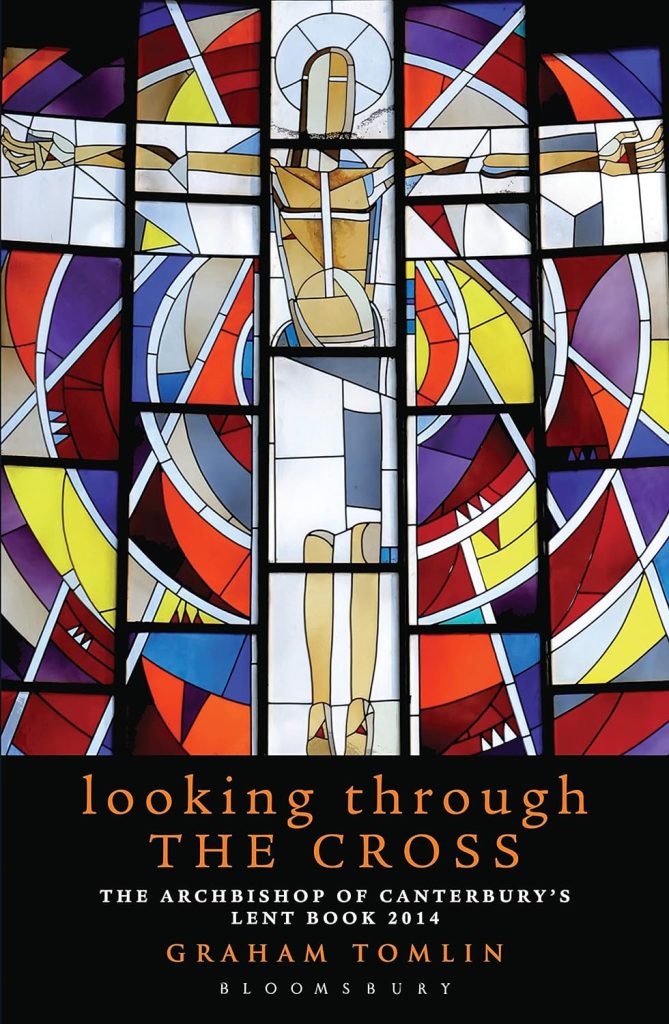This week we are gathering to discuss Chapter 3 “The Cross and Power” of Looking Through the Cross. In this chapter, Tomlin compares power as measured by the world versus power as measured by the cross. Tomlin says that in this world there is the coercive power of the State and the Military, social power derived from social hierarchies, and the economic power of those with means. In juxtaposition to the powers in this world, the cross stands for power based on humility and equality and grounded in love.
As we looked at during advent, Caesar Augustus was called the prince of peace. But the peace of Augustus was gained through the violent annihilation and subjugation of anyone who challenged his supremacy. It was a peace based upon the axiom that might makes right. Violent Coercive Power leads to Victory which leads to Peace. Roman society was organized as a pyramid to ensure that those at the top stayed there. In the Cross, however, we see a radical flattening of society so that even the difference in the power structures between slave and free disappear. Love (of friends and neighbors and enemies and persecutors) leads to Humility and Equality which leads to Peace. The goals are similar, but the means are radically different.
In reading through this chapter, think about these questions wed from the online study guide):
- On what basis do we assert the equality of all people in contemporary society? Is this different from the reasons Christian faith gives for it? What are the practical consequences of Christian equality in our present society?
- What power do you think you have? Who do you exercise power over? And who exercises power over you? When does the cross permit a Christian to exercise power over another person? How do we see Jesus or Paul exercising power over others?
- When is it permissible for Christians to advocate for the use of violence? Does the cross have anything to say about war and international relations?
- “The experience of shame and disgrace has often been the most severe and searching tutor in teaching humility.” (p72) Can you think of examples in your life or others, where this has been true?
- “It is so often the fear of loss that holds us back from serving others.” (p77) How far do you think this is true? Are there other things that hold us back from radical love for others?
- “Love is the most powerful force in the world” (p78). Can you think of examples where love has effected unlikely change to people or situations? Is there a limitation of love’s power in this world?
Dinner is at 6. The menu is baked potato soup. Discussion about 6:45. Please keep reading through the Psalms. Hope to see you here.
This is the fate of those who have foolish confidence,
Psalm 49:13-15
the end of those who are pleased with their portion.
Like sheep they are appointed for Sheol;
Death shall be their shepherd;
straight to the grave they descend,
and their form shall waste away;
Sheol shall be their home.
But God will ransom my soul from the power of Sheol,
for he will receive me.

